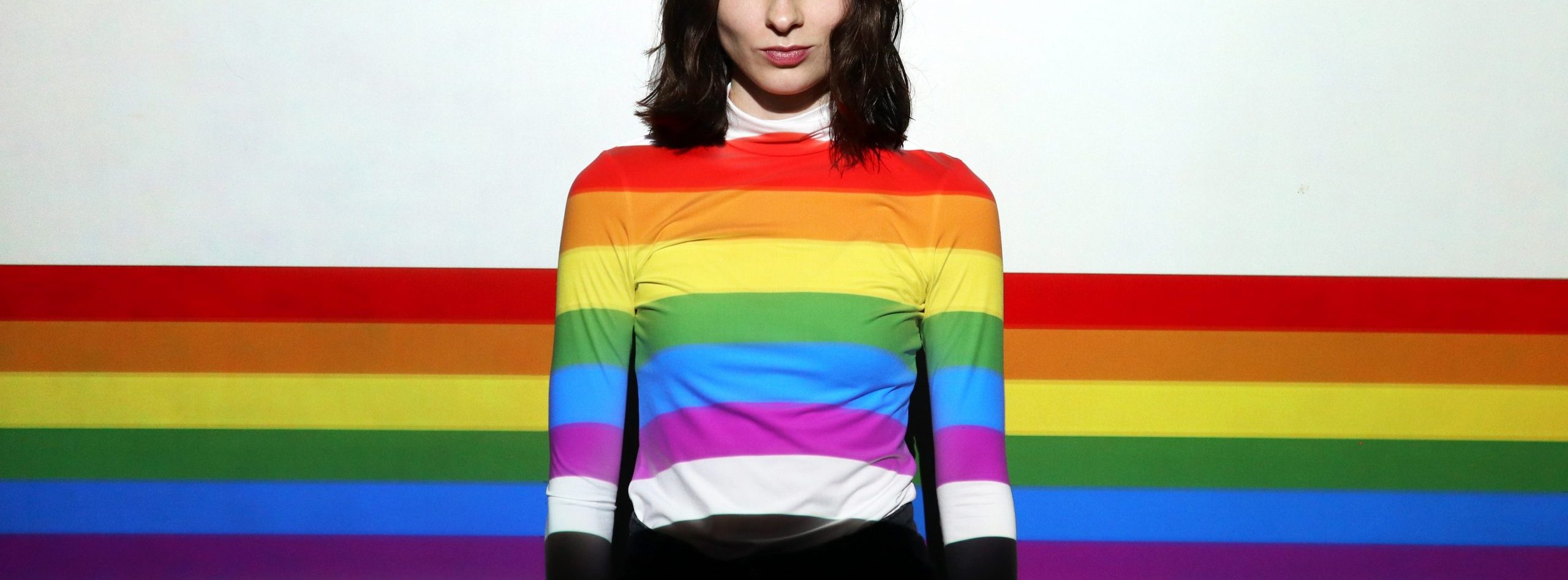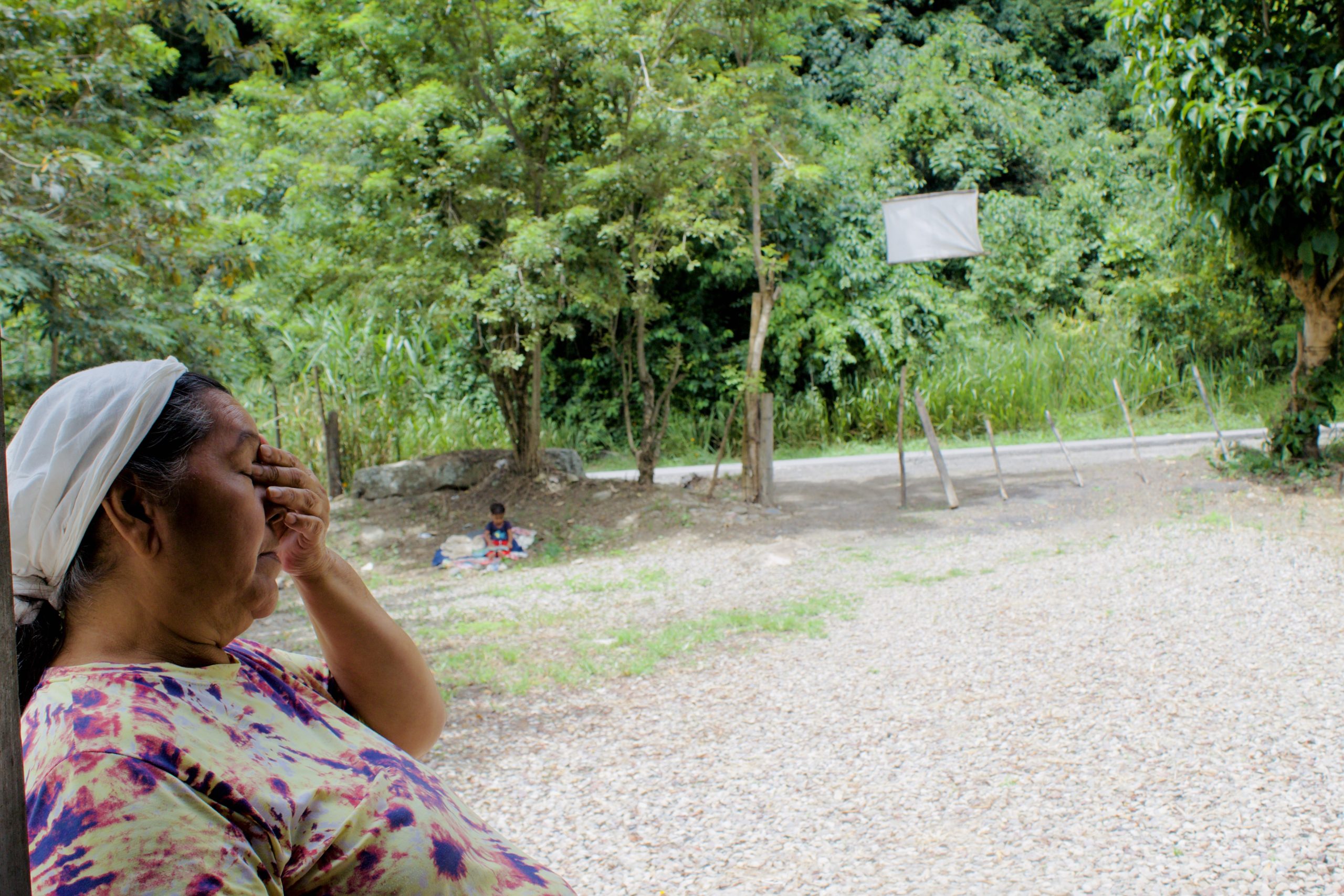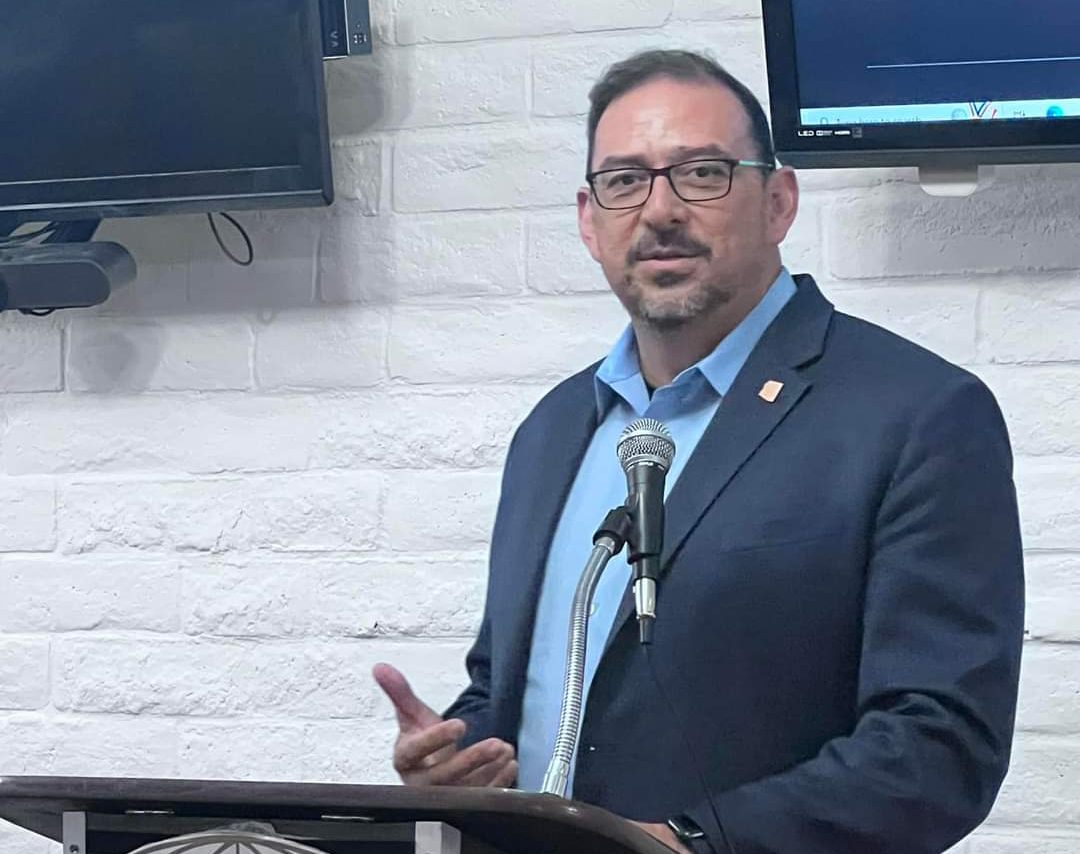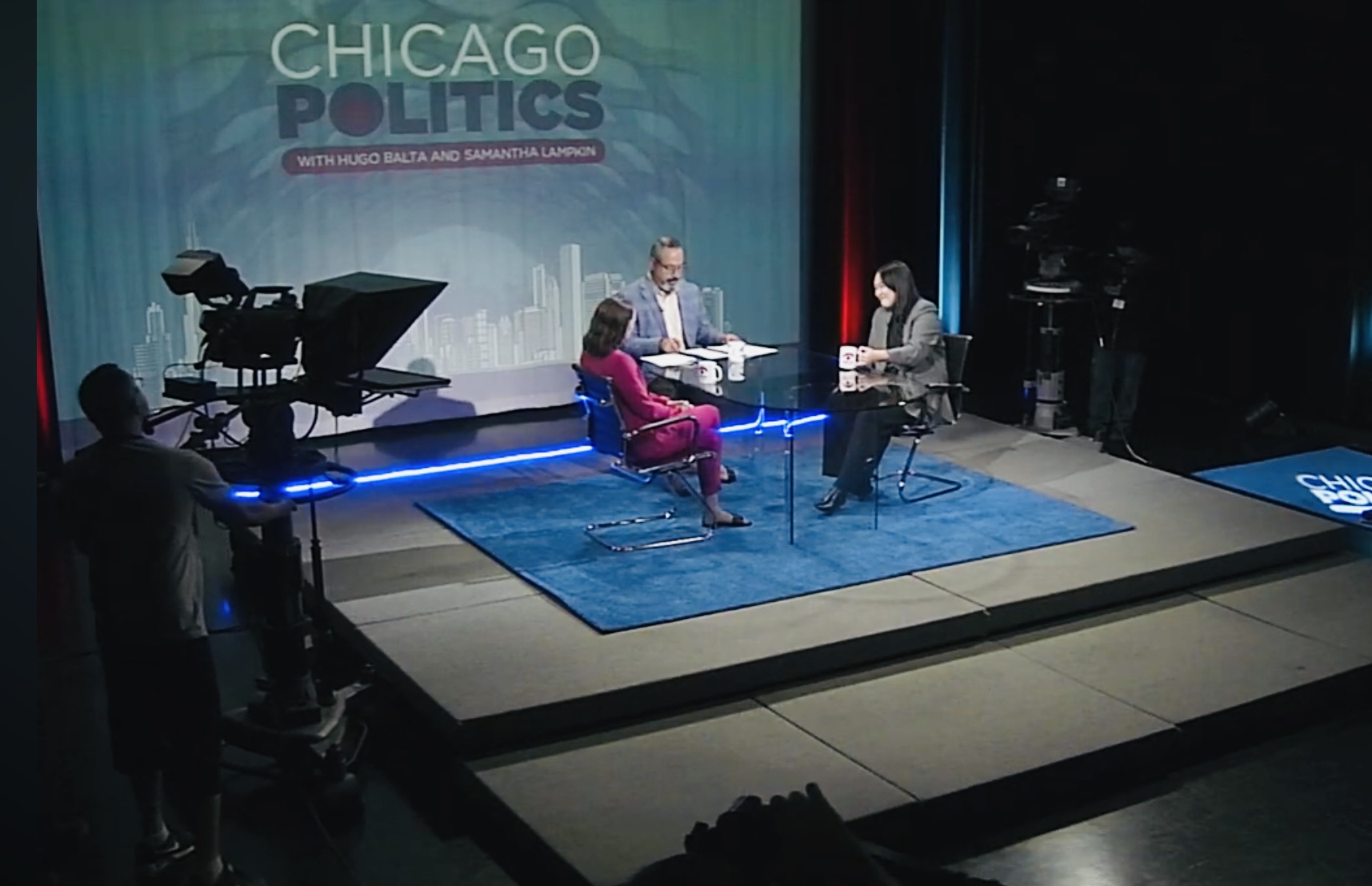For Charlie Hunts, changing his first name across all platforms was a critical step in transitioning into his true identity as a transgender man. The process was not easy and when Hunts joined ONE as Senior Manager of Brand Marketing he saw an opportunity to help ease the burden on other trans and nonbinary people.
In January 2021 the One team was brainstorming initiatives to take for Pride month that year.
“We were trying to think of ways that we could show up for the community, that were authentic to the company, that didn’t feel like rainbow washing and could really impact customers’ lives 365, not just in June,” he said.
After sharing his experience as a trans man navigating gender in the banking system, he says the team realized the significance that gender identity can have on customers.
This led to the creation of ONE’s My Name program, an initiative that displays someone’s chosen name on their bank card, in their account, and during all communication with ONE. The bank does not require legal documentation of a name change, does not ask customers for their gender, and only uses gender-neutral language both internally and externally.
“Within a matter of months we were able to make it easy for customers to change their first name, no doctor’s forms, no driver’s license change required, just the opportunity to change your first name through a simple three-question form. That was the best Pride month I ever had,” said Hunts.
Hunts described some of the difficulties he’s faced in transitioning his finances from this dead name to his affirmed name, including most recently changing the name on his credit card.
“They kept misgendering me the entire phone call, even though I told them at the top what my pronouns were and that I was trans, they kept using my birth name, wanted me to take a picture of my driver’s license and submit that. There were like three other steps. It was wild,” he said.
Antonio D. Santos is the Executive Director of Gage Park Latinx Council, a queer-led organization dedicated to radical learning, social justice, and creating community on the southwest side of Chicago.
He says that using a person’s dead name, their name assigned at birth which they no longer identify with, can be harmful.
“Anytime a trans person is forced to use their dead name or look at their dead name, that’s perpetuating trauma and harm onto them. Having to carry around a card in your wallet that does not reflect who you are as a person is a form of perpetuating trauma. Not to mention, if the name on your card doesn’t match your gender presentation that also brings up issues of ‘does your ID match?’ and if your ID doesn’t match what the person is seeing in front of them, it’s kind of criminalization of queer people on assumptions of fraud or that it isn’t their card to use,” he explained.
Santos recently launched Queer Riot Consulting, offering educational opportunities to organizations and businesses in an effort to inform them on LGBTQIA+ history and create greater visibility for queer people in all arenas.
“I think that banks need to be better educated on pronouns, gender identity, and how that plays into their customers and their customers’ experience. At the end of the day, banks work for their clients. It’s their money that’s being held so learning and serving them in the best way appropriate for them is important,” said Santos.
Many leaders in the queer community see sharing information on trans issues as a key factor in progressing traditional institutions to be more inclusive. Center on Halsted’s Director of Behavioral Health, Ing Swenson, says that a lot of the misinformation surrounding gender stems from the way we have been taught to understand it.
“I think [the biggest misconception is] that there’s only two choices. One is woman, female, feminine and the other is male, man, masculine and there’s no in-between that. I think gender is more like an ocean, you know, we’re just in this social construct in this society… When it comes down to it, that doesn’t even exist,” said Swenson.
Hunts says that banks are deeply-rooted in this conventional idea of gender, but adopting programs like My Name is a step in the right direction.
“Traditional banks don’t make space for lives that aren’t necessarily that cisgender, heteronormative imagination of what life is if that makes sense. I think they were created by cisgender men, and cisgender white men predominately I’m sure, and so the imagination for other lived experiences wasn’t there and I think now I’m starting to see a little bit of light through the cracks,” he said.
In the last few years, there has been a movement towards more ethical consumerism or conscious consumerism that aligns with one’s social, political, or environmental viewpoints. People want to know the values of the companies that they spend their money with.
“I’ve been doing that in my own life for over ten years and I think a lot of us LGBT folks, or anybody really who’s marginalized, has an eye in that detail a little bit more just because we’re all more aware. I mean we have digital everything available to us and so now information is more available to us, so we’re going to make better choices,” said Swenson.
Santos believes that social media and easier access to information is a driving force in this trend.
“I think that because we have social media, because we have a voice, communities that were erased in the past, even though they existed, now have buying power and social power,” he said. “I think that millennials and gen-z are pushing forward this demand by being vocal. I think social media has a huge part in it. We know that people want to support things that support their values, and I think that people are becoming more uncompromising in having their values reflected where they spend their money.”
Hunts agrees and says that ONE’s commitment to not supporting the tobacco or fossil fuel industries, as opposed to other banks, initially led to his interest in joining the company.
“That differentiation, plus our commitment to meaningful change for our customers like through My Name, and not just rainbow-washing or green-washing, I hope that resonates with prospective customers as well, that people can see that we’re trying our best to create a banking service that doesn’t negatively affect the place we call home or each other,” he said.
Hunts, Santos, and Swenson all share similar outlooks on resolving the disconnect that banks and other institutions perpetuate towards trans people. They feel that forgoing traditional gender terminology altogether is the best way to align with the trans and nonbinary community.
“I mean the thing is with gender, there’s no end to it. There’s always going to be a new term and especially with new generations, it’s like they’re always creating new language just like with any social construct. So I guess, what’s the point of it? ‘Cause you’re never going to get it completely 100 percent inclusive, that’s just not going to happen. So let’s just take it out,” said Swenson.
Santos said that resisting these changes in language will be detrimental for businesses.
“I think that if banks and other institutions don’t move beyond the binary and beyond the idea of gender, then they’re going to be left behind. Our culture, our society is moving in that direction,” he said.
The push is towards more substantial, institutional change. Swenson says the performative support that many companies show during Pride month, which disappears for the rest of the year, is not going to cut it anymore.
“What’s the point, besides not genuinely wanting to include us? We want more than allyship, we want an accomplice,” he said.
Cover Photo by Isi Parente on Unsplash
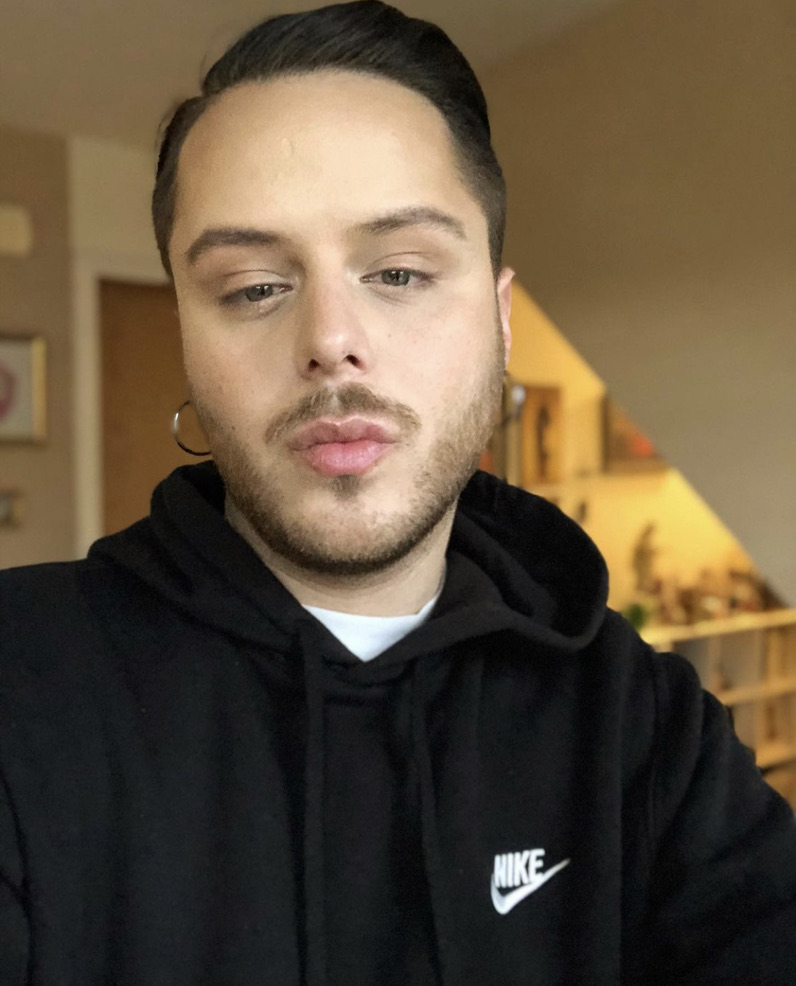
Antonio Santos is a member of the Illinois Latino News (ILLN) advisory board, guiding the editorial focus of stories to ensure that they are inclusive and reflective of the Hispanic-Latino community and relevant to their needs.
Santos is a queer, first generation Latinx activist from the Southwest Side of Chicago. He is the executive director and cofounder of the Gage Park Latinx Council. The organization operates a community cultural center rooted in popular education, art, abolition and mutual aid in a latinx community that has seen decades of divestment. Alongside his work in the community Antonio has used his lived experience and knowledge as a queer activist and historian to create and facilitate hundreds of hours of LGBTQIA+ workshops, programs and affinity spaces for universities, highschools and elementary schools. He currently sits on the community accountability committee for the Chicago Department of Public Health’s Racial Equity Plan and serves as the Gage Park lead for the City of Chicago’s Vaccine Equity plan.
